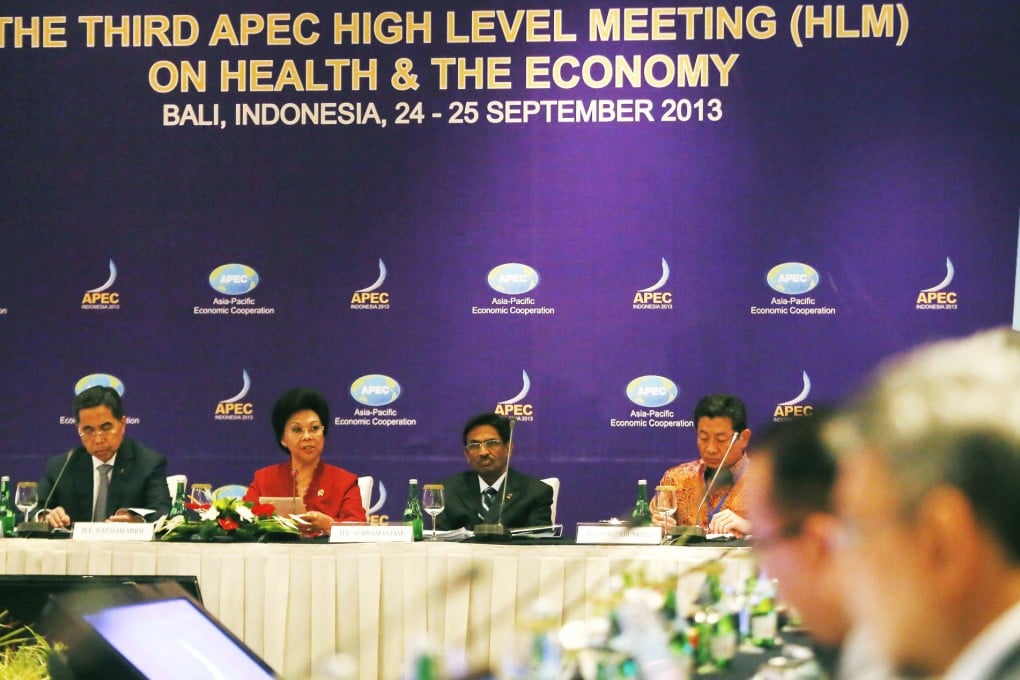Apec can forge role at heart of region's economic integration
Zhang Jun calls for resolve to tap leadership potential by carrying out reforms and thinking big

Travellers in Bali are often asked two questions: where did you come from; and where are you going? This week, after almost two decades, the Apec economic leaders' meeting will return to Indonesia, the birthplace of the so-called Bogor Goals of free and open trade and investment in the region, set in 1994. This time, in Bali, the same questions will be raised for the Asia-Pacific Economic Co-operation forum.
Apec has evolved into a complex structure of meeting mechanisms involving leaders, ministers, senior officials, and government officials and experts from multiple committees and working groups. Its areas of co-operation have expanded beyond trade liberalisation and investment facilitation to include economic and technical co-operation, food and energy security, sustainable development and disaster relief, among others.
The Apec principle of consensus should be regarded as a great asset
Meanwhile, the lengthy list of jargon and acronyms has also been growing. This has kept the real business of Apec away from keen public interest.
Yet, despite this seeming distance from the public, the forum has maintained its relevance to the welfare and prosperity of the Asia-Pacific region.
This year, Apec's economic leaders will address three priorities put forward by the Indonesian host: attaining the Bogor Goals, achieving sustainable growth with equity, and promoting connectivity.
These priorities could not be more fitting in the context of the current global economic environment. Yet the question is: what role should Apec play in the debating and delivering of these priorities? What is the unique strength of Apec that leaders could leverage to define its future? In my view, the answer is in the realisation of the forum's leadership potential.
With member nations from diverse economic backgrounds, Apec is well positioned to encourage stronger macroeconomic policy co-ordination to reduce the risk of possible spillover effects. In the face of current uncertainties in the regional and global economy, particularly the challenges experienced by the emerging markets, such strong leadership is needed to ensure a sustainable economic recovery.